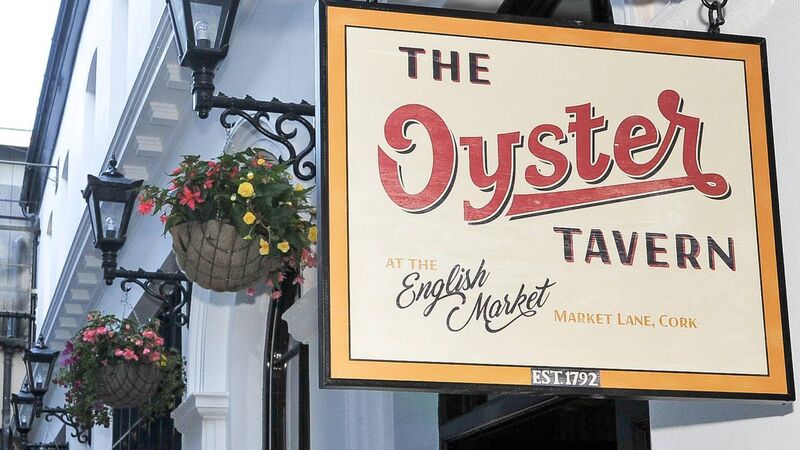Michael Moynihan: Pint of Science festival will quench the thirst for greater knowledge

The Oyster Tavern, Market Lane, Cork, is one of three pubs that will host Pint of Science, an initiative to allow scientists to engage with the general public. Picture: David Keane
Your columnist is not a science man.
All that remains from science in secondary school is a random term or two. The Irish for physics (fisic). A rudimentary grasp of an timpeallacht, the environment, survives from the classes in bitheolaíocht (biology). The time I read in a comic that electricity is the flow of electrons, probably in relation to some Marvel superhero or other.












